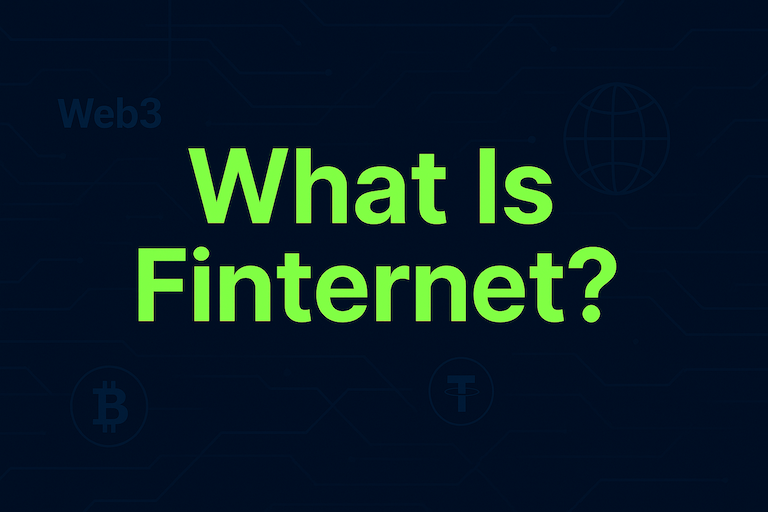From Payments to AI: Why Productivity Is the Key for AI Agents to Break Through
Apr 30, 2025
The evolution from digital payments to artificial intelligence marks a significant leap in technology. As we transition into the AI era, AI Agents—autonomous programs that perform tasks on behalf of users—are emerging as a core part of this transformation. However, the real value of AI Agents won’t be realized unless they solve a universal problem: productivity. In this article, we explore how AI Agents can move beyond hype and become practical tools for economic output and business efficiency.
The Leap: From Payments to Autonomous Agents
The early Web3 and fintech revolutions focused heavily on digital payments, wallets, and decentralized transactions. These technologies solved the "how to pay" problem. Now, with the rise of AI and agent-based automation, the question becomes: "what can be done automatically, intelligently, and faster?"
AI Agents are software programs that can make decisions, execute tasks, and learn from data without constant human input. Unlike static AI tools, agents are proactive, goal-oriented, and capable of autonomous action. They signal a shift from financial infrastructure to automated labor infrastructure.
Highlights:
Payments solved trust in money movement; agents aim to solve trust in task execution
The rise of AI-native workflows requires tools that go beyond simple chatbots
Agent economies will depend on efficiency, not just intelligence
Productivity: The Real Bottleneck
Many AI tools today are powerful, but they don't necessarily make businesses or users more productive. The real test for AI Agents is whether they can handle real-world work at scale—scheduling, decision-making, filing reports, managing workflows—without creating friction or new complexity.
A high-functioning AI Agent must:
Reduce time spent on repetitive tasks
Integrate seamlessly with existing tools and platforms
Understand context, not just commands
Deliver measurable output per unit of cost or compute
Function autonomously with minimal human oversight
Without improving productivity, AI Agents risk becoming gimmicks instead of game-changers.
Why AI Agents Need an Economic Model
For AI Agents to scale, they must plug into economic value—meaning they either save money, generate revenue, or do both. In blockchain terms, this aligns with the "proof-of-efficiency" narrative: Can the agent do more, better, with fewer resources?
In future decentralized environments, we might see:
Agent-to-agent protocols for task negotiation and execution
Token-incentivized networks where agents are rewarded for outputs
Cross-chain workflows combining AI + smart contracts + DeFi for automated execution
Final Thought
AI Agents represent the next leap after programmable money. But to go from novelty to necessity, they must unlock productivity. In the same way payments built digital trust, AI Agents must build trust in action and execution—efficiently, securely, and autonomously.
Start your safe cryptocurrency journey now
Fast and secure deposits and withdrawals, OSL safeguards every transaction !


